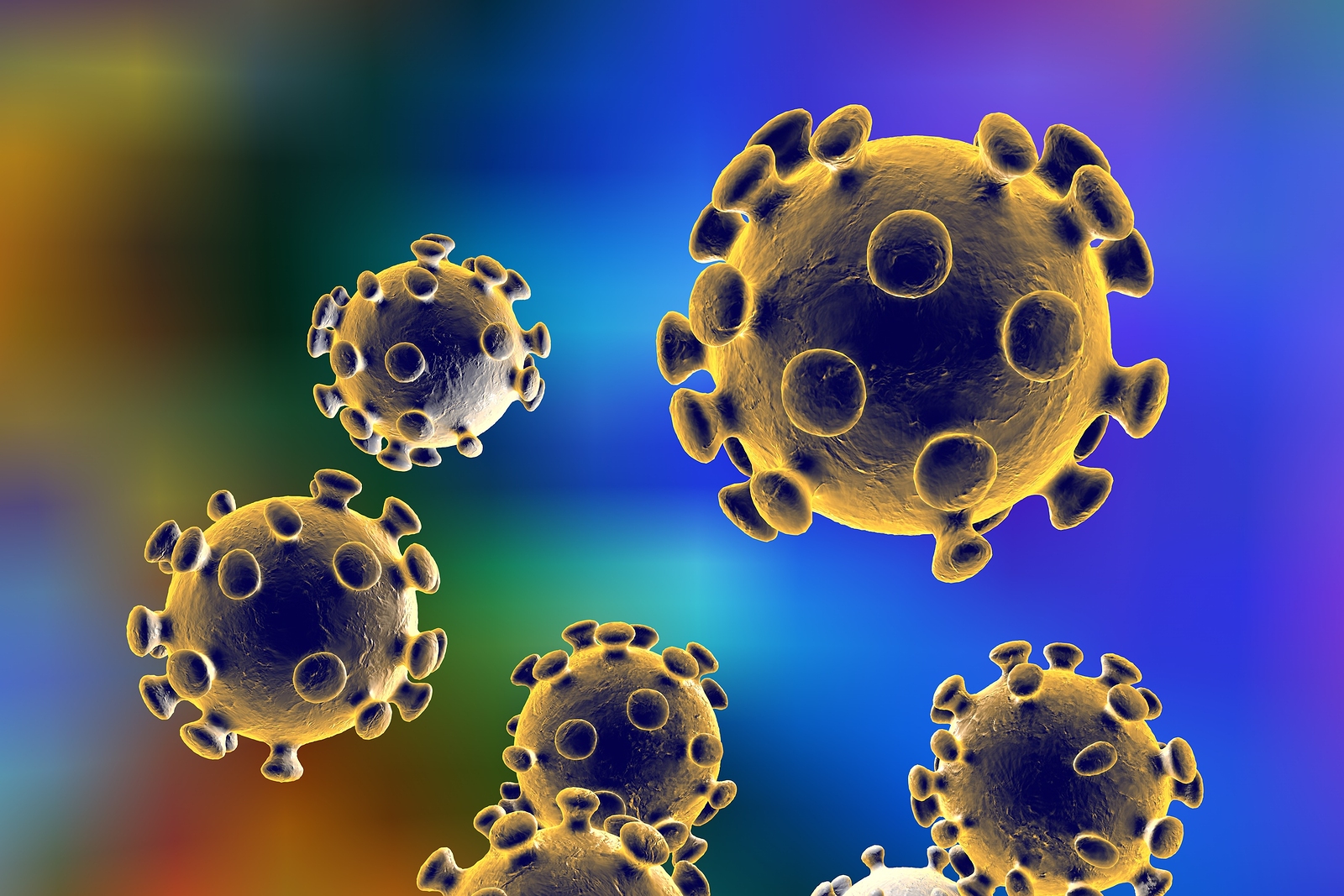New Coronavirus: All Eyes On India

2nd March, 2020: With only three reported infections so far at the time of writing – all recovered – what does India know about the new coronavirus and COVID-19 disease that others don’t? And could it have anything to do with homeopathy?
(10th June, 2020 Update: India’s progress in relation to other countries is best assessed by the number of infections per million people. The country-by-country data at the bottom of this Worldometer link does that and provides a clearer picture of what is happening. Currently, India’s infections are listed as 199 per million of population. In comparison, the US registers 6,182 per million. The UK registers 4,260 per million. Reported deaths per million of population are: US – 345, UK – 602, India – 6).
* See COVID-19: Eyes Still on India for further updated information *
India and the Challenge of COVID-19
India, as the second most populous nation on earth (1,379 billion at last count) is on high alert regarding the novel Wuhan coronavirus (SARS-CoV-2).
It’s still developing economy, areas of dense housing, patchy access to high quality healthcare, and extensive internal migration means it is at significant risk of being overwhelmed by a virus that has already crippled other parts of the world.
So far, India’s efforts to protect its people from this threat have been vigorous and comprehensive.
Concerns remain, however, that they may not be as prepared as other countries with more fully developed infrastructures.
Even so, as of Monday, 2nd March 2020, India reports that it has 23,531 people under observation, with no current infections or deaths.
Three positive cases that had previously been detected are now fully recovered.
How is this possible when we see such alarming rates of infection in countries with more fully developed healthcare systems? Could India’s dependence on homeopathy be one reason for the difference?
(Current data on the situation in India and the rest of the world is available from the John Hopkins Tracking Map and the less frequently updated WHO Situation Reports.)
India and Homeopathy
India is a country in which homeopathy has flourished.
For almost 200-years homeopathy has been used by all sectors of the population as a primary form of healthcare.
More than 100 million Indians depend solely on homeopathy for their medical treatment, and it is recognised by the Indian government as a National System of Medicine through the Homeopathy Central Council Act.
More than 224,279 homeopathic doctors (with about 12,000 being added each year), 7856 Government dispensaries and 207 of Government hospitals provide homeopathic treatment throughout the nation with services fully utilised and room for expansion.
Recent years have seen a 50% rise in patients seeking homeopathic treatment with many transferring from allopathy (orthodox medicine) in the belief homeopathy has better long-term benefits.
India also has a long history of using homeopathy to curtail epidemics such as chikungunya, avian flu, Dengue fever, epidemic fever, influenza, Japanese encephalitis, and malaria.
Suggested Preventatives
Within this context, the AYUSH Ministry of the Indian Government released a Health Advisory on the 29th January 2020 in which they listed potential preventative strategies – including homeopathy – to stem the spread of COVID-19.
(AYUSH is the Government Ministry of Ayurveda, Yoga, Naturopathy, Unami, Siddha and Homoeopathy. It was formed to ensure the development and propagation throughout India of these systems of healthcare.)
Regarding homeopathy, the minister said (emphasis ours):
“At the instance of Ministry of AYUSH, Central Council for Research in Homoeopathy (CCRH) discussed the ways and means of prevention of Coronavirus infection through Homoeopathy in 64th meeting of its Scientific Advisory Board on 28th January 2020.
“The Group of Experts inter-alia has recommended that homoeopathy medicine Arsenicum album 30 could be taken as prophylactic medicine against Coronavirus infections, which has also been advised for prevention of ILI.
“It has recommended one dose of Arsenicum album 30, daily in empty stomach for three days. The dose should be repeated after one month by following the same schedule in case Coronavirus infections prevail in the community.
“The Expert Group has further suggested that general hygienic measures for prevention of air-borne infections suggested by the Ministry of Health and Family Welfare, Govt. of India, for prevention of the disease should also be followed by the public.”
This Health Advisory was widely and quickly circulated across India in print and online publications, The Economic Times and the Pune Mirror being two examples.
Backlash
That a government should even consider homeopathy as a preventative for COVID-19 drew condemnation and criticism.
Claims that the recommendation was “profoundly irresponsible”, “inappropriate and premature”, and “fraught with serious risks” were frequent and loud.
The Indian Medical Association reportedly weighed in by saying it was “immature, premature, and irresponsible” to promote “untested” homeopathic remedies.
Groups routinely antagonistic toward homeopathy also took to social media to lambaste it and the government while some journalists, true to their craft, took a more balanced approach.
AYUSH Responds
On the 4th of February, 4 days after the release of the Health Advisory, the AYUSH Ministry responded to the uproar with a press release.
The first half of the release dealt with a flawed interpretation of the Advisory that was being circulated by many of it’s detractors. The Ministry re-emphasised that its suggestions and recommendations were for prevention-only, not instructions on how to treat COVID-19 as many had presented.
The second part of the Ministry’s press release addressed an equally serious matter – the attempt by media and medical associations to discredit AYUSH and its Health Advisory to foment public distrust in AYUSH therapies at a time when the detractors, themselves, had nothing better to offer.
(Those reading this may remember that the AYUSH Ministry had previously established a committee in 2017 specifically to “address issues related to false propaganda against homoeopathy”. The reason, they said, was that media and pharmaceutical interests from the West in particular were ignoring or misrepresenting research, creating confusion, and choosing to present homeopathy in a “disproportionate and negative light”.)
Arsenicum Album for Prevention?
Based on the information available to AYUSH at the time, its Health Advisory did recommend Arsenicum album as a possible preventative but will it help? Maybe, maybe not.
While Arsenicum album has always been an important remedy for certain types of flu and pneumonia, and was found by research to be the main remedy used in during the 2009 Indian H1N1 (swine flu) pandemic, it is not yet known if it is a key remedy for the symptoms of this particular pandemic.
Judging by recent COVID-19 patient accounts and case reports other remedies may also be useful.
What can be said at this early stage is that Arsenicum album is a contender and its use will not harm those who take it.
Once homeopaths have had a chance to treat a reasonable number of COVID-19 infections it will then be possible to classify its characteristic symptoms from the homeopathic perspective and identify key remedies for this pandemic.
Only then can any remedy be recommended with confidence for widespread use in treatment or prevention.
Related Information
Have Two Homeopathic Doctors Identified a Treatment and Preventative Remedy for COVID-19?
Homeoprophylaxis: Human Records, Studies and Trials
India Uses Homeopathy for Epidemics
Cuba Uses Homeopathy for COVID-19
COVID-19: Is It Like Mountain Sickness?
COVID Chronicles: Which Remedy?
Homeopathic Remedies for Pneumonia-Related Symptoms
Q. Will the Coronavirus Nosode Help with COVID-19?




